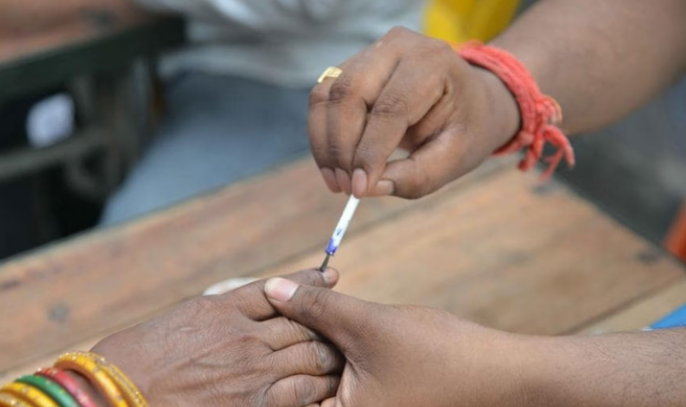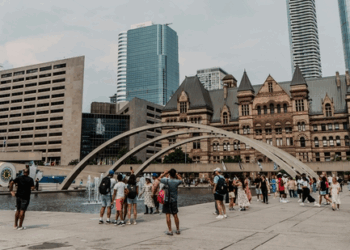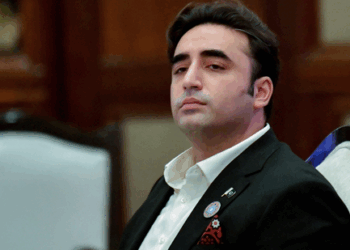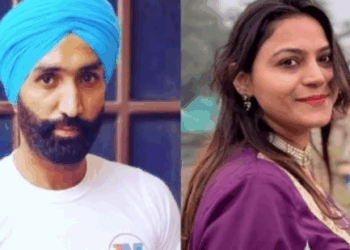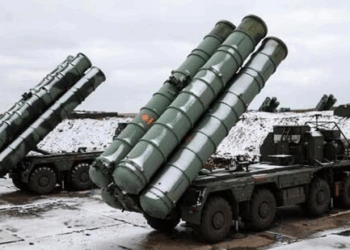The seven-phase Lok Sabha election is set to conclude on Saturday, with polling taking place in 57 parliamentary constituencies across seven states and the Union Territory of Chandigarh. This final phase includes the highly anticipated Varanasi seat in Uttar Pradesh, where Prime Minister Narendra Modi is seeking re-election as a two-term incumbent MP.
Voters from Uttar Pradesh, Bihar, West Bengal, Madhya Pradesh, Punjab, Jharkhand, Himachal Pradesh, and Chandigarh will participate in this decisive phase, bringing an end to weeks of extensive campaigning and voter mobilization efforts. The Varanasi constituency, a focal point of this phase, has attracted significant attention as Prime Minister Modi aims for a third consecutive term representing this historic city.
In the lead-up to the final round of polling, authorities have declared dry days in several states to maintain order and ensure a smooth voting process. This means that liquor shops in these states will remain closed until the conclusion of the polling period. The Election Commission of India has implemented these measures to curb any potential disruptions and uphold the integrity of the election process.
Security has been heightened in all 57 constituencies, with additional personnel deployed to sensitive areas to prevent any incidents of violence or malpractice. The Election Commission has also made special arrangements to facilitate voting for senior citizens and persons with disabilities, ensuring that every eligible voter has the opportunity to participate.
As the nation prepares for this last phase of voting, political analysts and the public are eagerly awaiting the exit polls, which will be released shortly after the conclusion of voting on June 1. These polls will provide early indications of the possible outcomes, though the official results will only be announced on June 3.
Prime Minister Modi has expressed confidence in his campaign, urging citizens to vote in large numbers. Meanwhile, opposition leaders, including Rahul Gandhi of the Indian National Congress, have made their final appeals to voters, emphasizing the importance of this election for India’s future.
The conclusion of the seven-phase election marks a significant moment in India’s democratic journey, with over 900 million eligible voters having had the opportunity to shape the country’s next government. The outcomes of this election will determine the political landscape of India for the coming years.








 India
India
